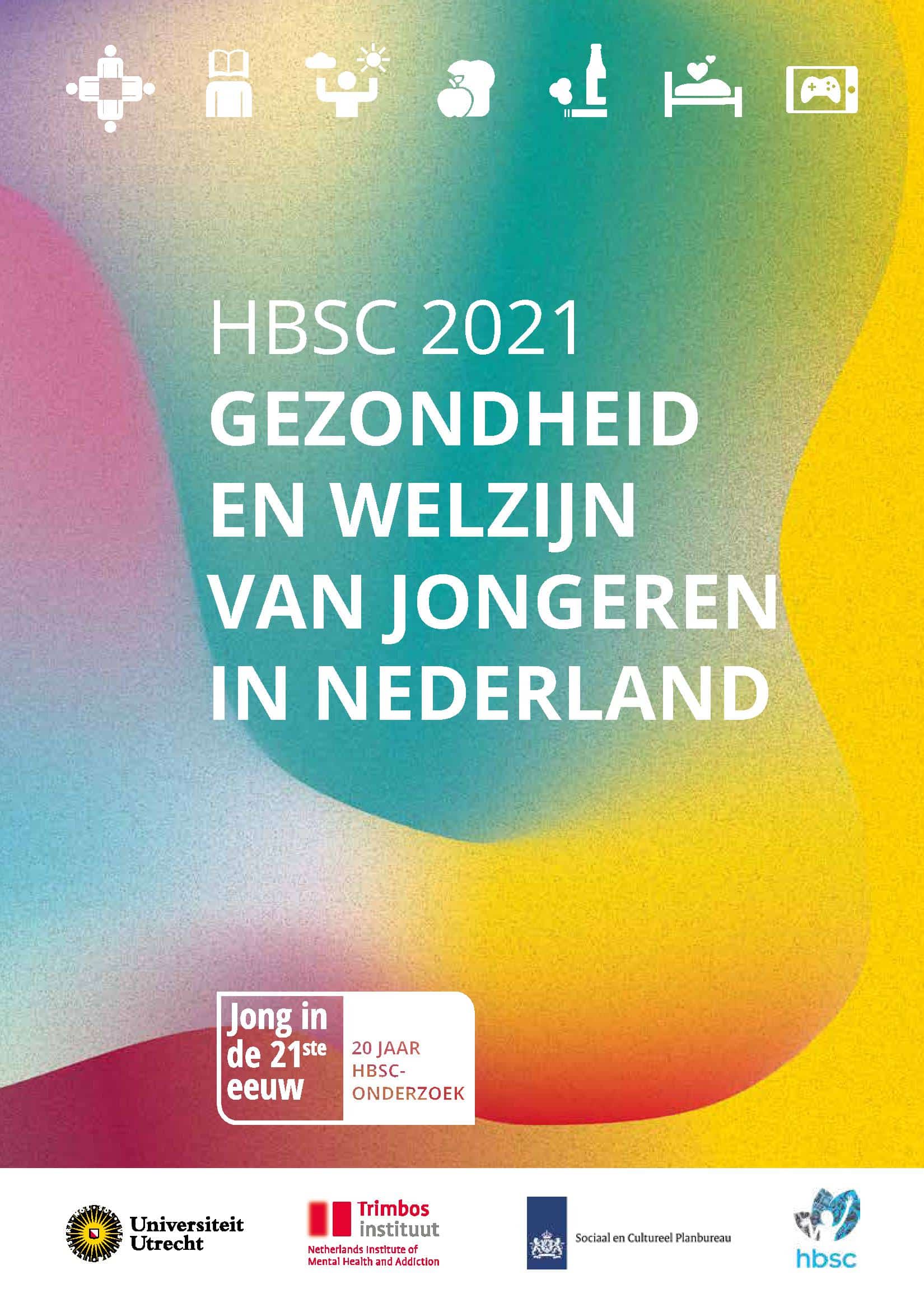A recently published report from the Health Behaviour in School-aged Children (HBSC) study unveils a troubling decline in the mental health of Dutch teenagers between 2017 and 2021, with girls being disproportionately affected. The findings were presented at the “Young in the 21st Century” symposium on September 14 and handed over to Her Majesty Queen Máxima.
Girls disproportionately affected by mental health decline
HBSC Netherlands Co-Principal Investigator, Gonneke Stevens from Utrecht University, noted a substantial increase in emotional problems, particularly among girls. In 2021, 43% of secondary school girls and 33% of primary school girls reported emotional issues, compared to 28% and 14%, respectively, in 2017. The study also uncovered a surge in behavioural problems, hyperactivity, and attention deficits among both boys and girls, indicating a concerning trend in adolescent mental health.
Strong social relationships persist, but new concerns arise
While Dutch youth have maintained strong social relationships with their parents, classmates, and friends since the study’s inception in 2001, the report reveals some concerning developments. For instance, girls in secondary education have become less positive about the support from friends, classroom atmosphere, and their relationships with teachers between 2017 and 2021. Moreover, online bullying rates have risen, particularly affecting primary school girls.
Increased pressure from schoolwork adds to mental health burden
The research highlights a significant increase in the pressure felt by students due to schoolwork, with 45% of secondary school students in 2021 feeling “a lot of pressure” compared to 16% in 2001. Girls experienced a more unfavourable development in this regard than boys, which could contribute to their deteriorating mental health.
COVID-19 pandemic plays a significant role in mental health decline
The report suggests that the COVID-19 pandemic has significantly contributed to the decline in mental health among teenagers, particularly girls. However, Stevens warns that the developed mental well-being vulnerability among girls may not disappear automatically after the pandemic subsides. The pandemic might have catalyzed the pre-existing societal trend of increasing importance placed on school performance by young people, parents, and society in general, leading to heightened stress and anxiety.
Stalled progress in reducing smoking and alcohol consumption among teenagers
Additionally, the long-term decline in smoking and alcohol consumption among Dutch teenagers has stalled. While previous surveys showed that boys smoked and drank more often than girls, in 2021, these differences disappeared, which the researchers described as “striking”. In the past month, 42% of 15-year-olds and 60% of 16-year-olds reported having consumed alcohol, and many engaged in binge drinking with at least five glasses per occasion.
Collaboration aims to enhance overall well-being of young people in the Netherlands
The HBSC study, conducted every four years since 2001, is a collaboration between Utrecht University, the Trimbos Institute, and the Sociaal en Cultureel Planbureau. The 2021 report, funded by the Ministry of Health, Welfare, and Sport (VWS), examines various aspects of youth health and well-being, including eating habits, physical activity, sexual behaviour, and gaming. The comprehensive report aims to identify potential areas of improvement and intervention, with the ultimate goal of enhancing the overall well-being of young people in the Netherlands.
Download the report (Dutch)
